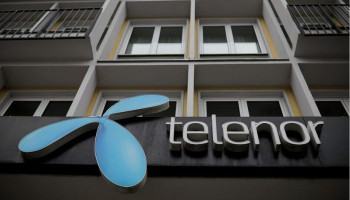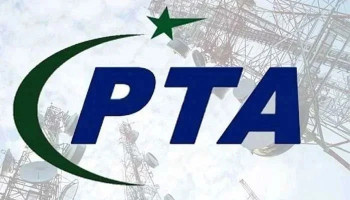
In light of numerous internet shutdowns and slowdowns over the past few years, it has been crystal clear that Pakistan's lack of high-end internet infrastructure was the primary reason behind these disruptions, but the IT ministry has recently identified several causes for the slow internet speeds in Pakistan.
Here's why Pakistan's internet is slow
According to the ministry, major factors behind Pakistan's poor internet include spectrum limitations, challenges in deploying Fibre to the Home (FTTH) backhaul, Right of Way (RoW) constraints, load shedding, a low fibre-to-tower ratio, theft, vandalism, and excessive VPN usage.
In a submission to the National Assembly, the ministry emphasised that the issue cannot be attributed to a single cause, as it stems from multiple challenges.
Excessive VPN usage, for instance, affects speed and user experience by routing most traffic through international networks instead of relying on Content Delivery Networks (CDNs) and Internet Exchange Points (IXPs).
MoITT also noted that submarine cable damages also contributed to the slowdown of internet and social media applications.
No major connectivity issues are currently reported, with utilisation through submarine cables reaching 10Tbps compared to 8Tbps last year. The Pakistan Telecommunication Authority (PTA) is working on adding new submarine routes to improve connectivity quality and redundancy.
To enhance internet access, the government has initiated several measures, including:
- Upgrading infrastructure with 12,000 new sites and transitioning existing 2G sites to 4G.
- Implementing advanced technologies like sector splitting and Massive MIMO.
- Launching a National Roaming Facility and preparing for 5G deployment.
These developemenst indicate the dawn of an era where there will be improved quality, capacity, and speed of mobile broadband services across the country.
















